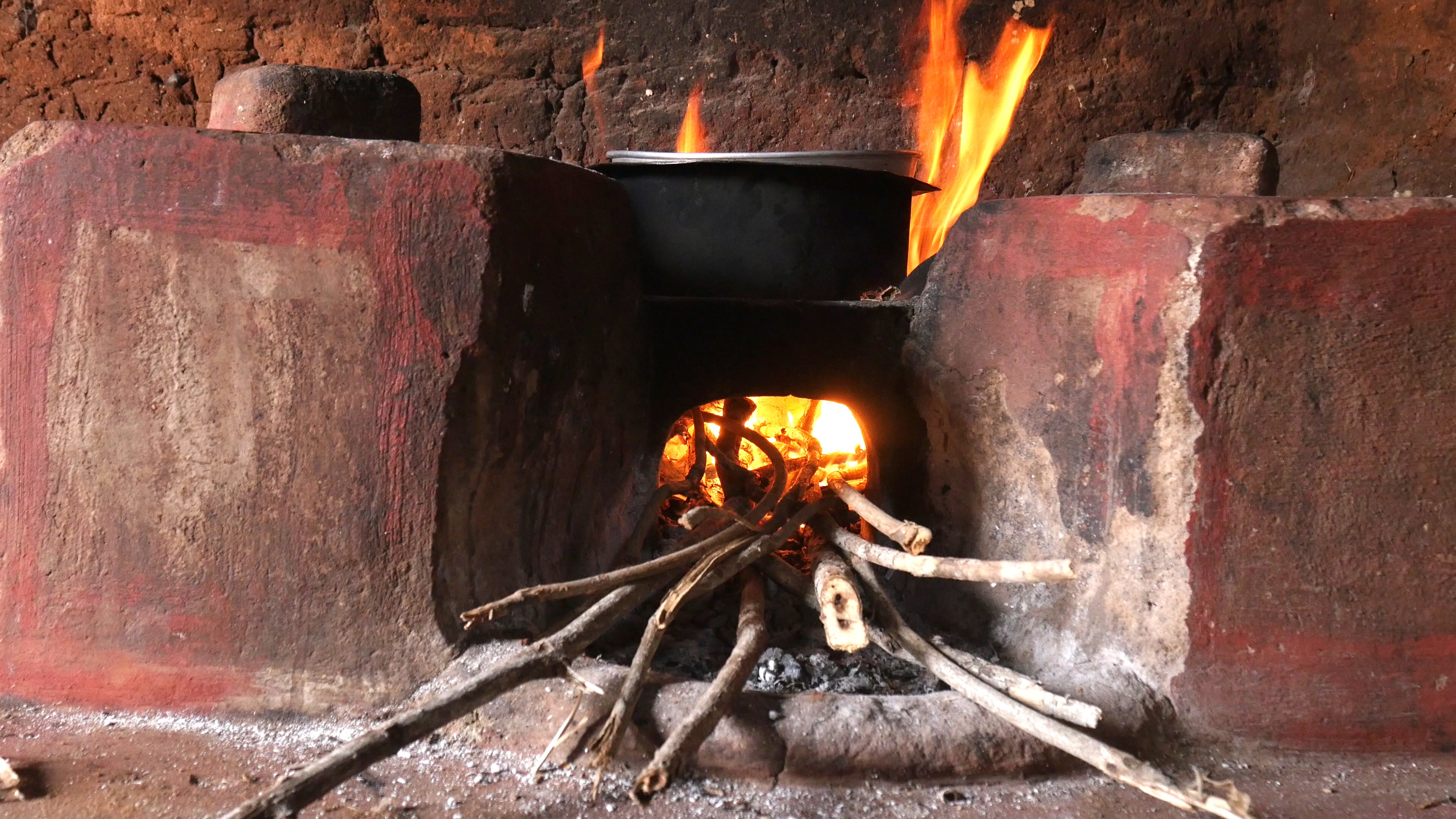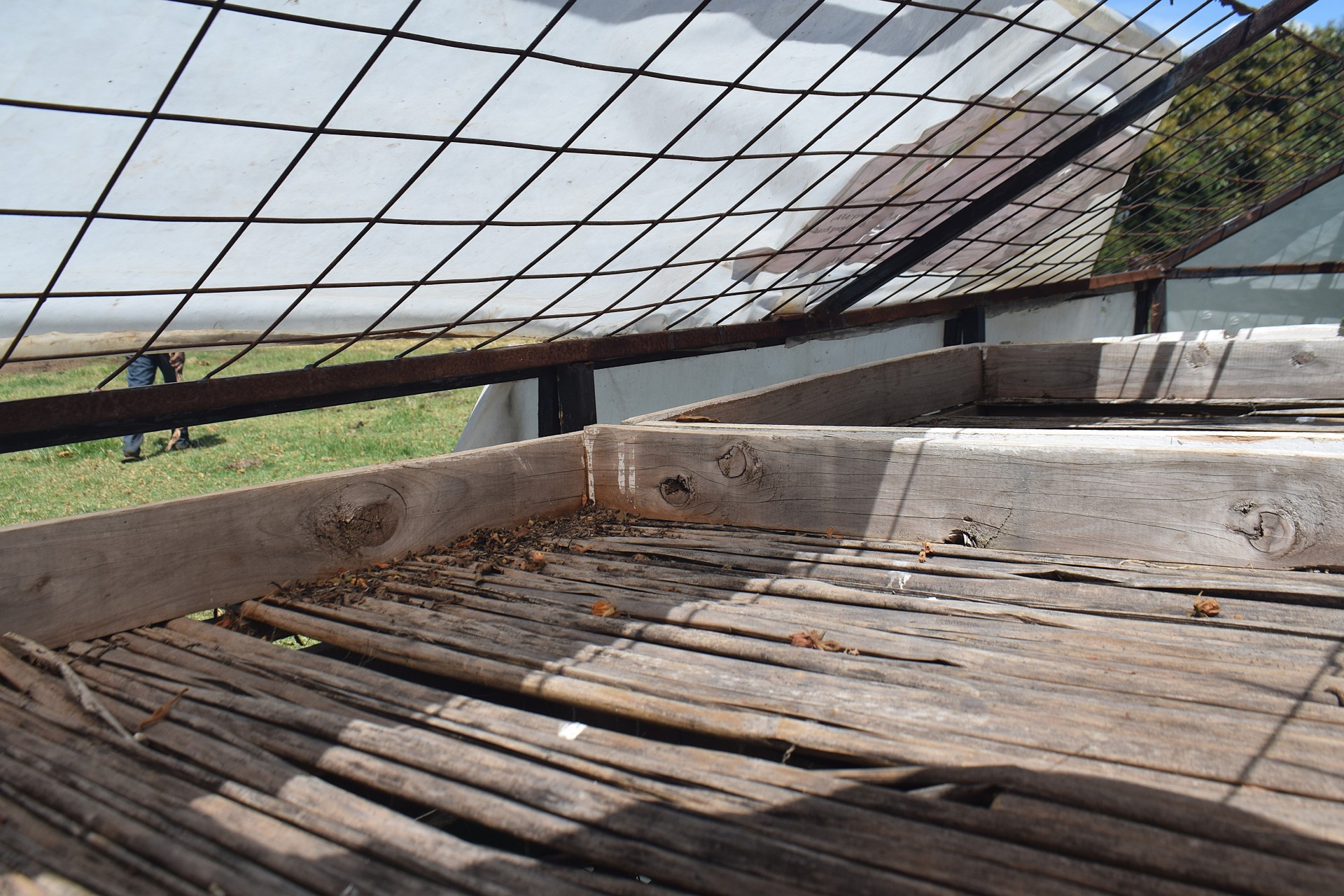- The smoke that fills the air during cooking is not just a nuisance; it poses a grave health hazard, silently afflicting millions.
In the heart of Kenya, a silent but deadly enemy has plagued households for generations. The tradition of cooking over open fires and inefficient stoves fueled by wood and charcoal, deeply rooted in Kenyan culture, has given rise to a silent epidemic of household smoke.
The smoke that fills the air during cooking is not just a nuisance; it poses a grave health hazard, silently afflicting millions.
The World Health Organization has raised the alarm, revealing that household air pollution from solid fuels causes millions of deaths each year, with women and children bearing the brunt of this silent crisis.
But in the face of this challenge, Kenya has embarked on a journey towards a cleaner and healthier future.
Collaboration between government bodies, non-profit organizations like Practical Action, and the local community is at the forefront of this battle. Practical Action Kenya and other stakeholders champion the shift to modern, clean cooking methods.
Read More
Supported by the Kenyan government's Bioenergy Strategy and organizations like World Agroforestry, the aim is to optimize the use of bioenergy and introduce cleaner alternatives.
The proposed solution lies in improved biomass stoves that meet the emission targets set by the WHO. These stoves promise to clear the air and free up time for families, particularly women who traditionally spend hours collecting firewood and cooking over smoky fires. It is a step towards a healthier and more sustainable way of life.
However, the journey to cleaner cooking has its challenges. Accessibility, affordability, and cultural acceptance pose hurdles that must be overcome. The government and organizations are working tirelessly to make cleaner stoves available and affordable.
They conduct awareness campaigns, educating communities about cleaner cooking methods' health benefits and long-term advantages.
While the transition to cleaner cooking comes at a cost, the benefits far outweigh the initial expenses. The long-term savings and environmental advantages paint a different picture—one where cleaner cooking is not only affordable but essential for the future of our planet.
Maintaining renewable energy systems is generally less demanding and less costly than traditional fossil fuels. With no need for fuel extraction, transportation, or complex machinery, the simplicity of renewable systems translates into lower ongoing expenses.
With each family switching to cleaner cooking, the air becomes cleaner and the future a little brighter. It is a collective effort to protect the people's health and preserve the environment for generations.
The fight against household smoke is not just a health issue; it is a call to action for all Kenyans to embrace change and safeguard the legacy of their land.
As Kenya strides towards a future where every home is accessible from the clutches of household smoke, the message becomes apparent—the journey to cleaner cooking is not just about combating a health crisis but about seizing economic opportunities and creating a sustainable future.
It is a testament to Kenya's determination and tenacity, a step towards a healthier, brighter tomorrow where every breath of fresh air brings hope and resilience to the nation.




-1769677767.jpg)

